Publications
Articles, publications, books, tools and multimedia features from the U.S. Institute of Peace provide the latest news, analysis, research findings, practitioner guides and reports, all related to the conflict zones and issues that are at the center of the Institute’s work to prevent and reduce violent conflict.
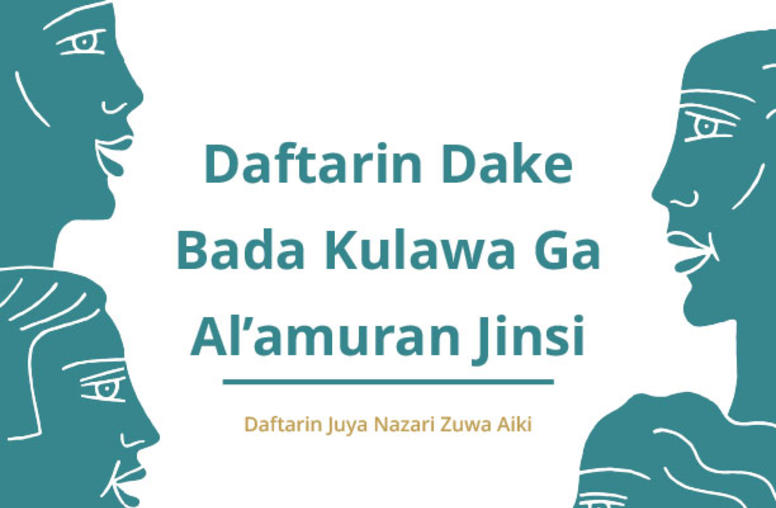
Gender Inclusive Framework and Theory (Hausa)
Daftarin da ke bada kulawa ga jinsi kundi ne da akayi nazari a tsanake wajen samar da shi da zai saukaka yadda za’a rika bada kulawa tare da amfani da al’amuran da suka shafi jinsi yayin tsara wani shiri ko aiki. Saboda aikin samar da zaman lafiya ya dogara da nazartan al’amarin da yake dubawa, daftarin da ke bada kulawa ga jinsi ya gabatar da hanyoyi uku na nazartan al’amuran da suka shafi jinsi-mata, zaman lafiya da tsaro; halaye da dabi’un maza na kwarai; da asali ko alamomi da suka hadu da juna-an samar da su da nufin fuskantar al’amuarn jinsi dan kyautata tsara shirye-shiryen jaddada zaman lafiya.
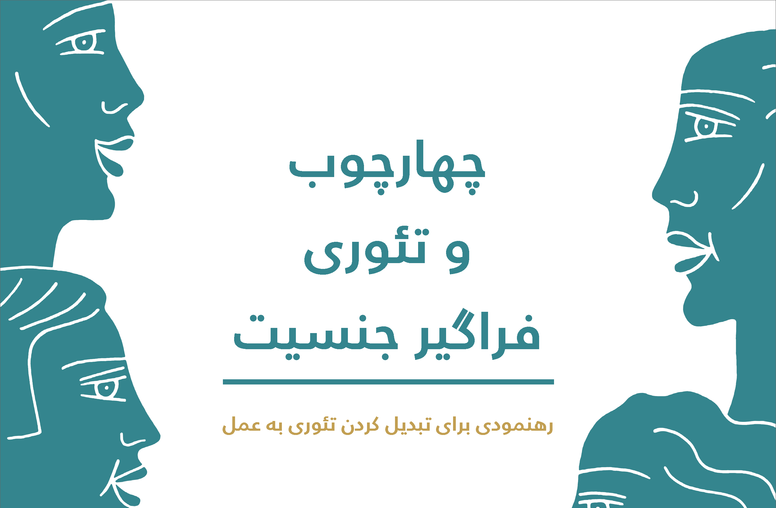
Gender Inclusive Framework and Theory (Dari)
(Dari) The Gender Inclusive Framework and Theory (GIFT) guide is an approachable and thorough tool that facilitates the integration of gender analysis into project design. Because peacebuilding work is context dependent, the GIFT puts forth three approaches to gender analysis – the Women, Peace and Security Approach; the Peaceful Masculinities Approach; and the Intersecting Identities Approach – that each illuminate the gender dynamics in a given environment to better shape peacebuilding projects.
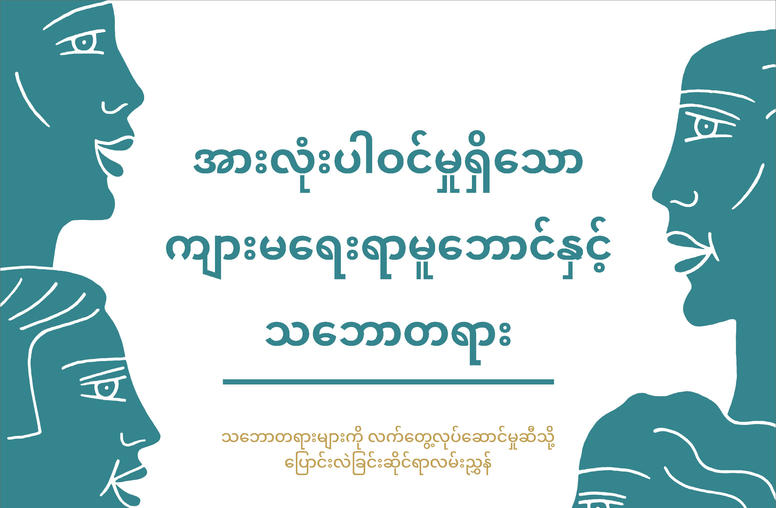
Gender Inclusive Framework and Theory (Burmese)
အားလုံးပါဝင်မှုရှိသော ကျားမရေးရာ မူဘောင်နှင့် သဘောတရားလမ်းညွှန် (GIFT) သည် စီမံကိန်းဒီဇိုင်းများရေးဆွဲရာတွင် ကျားမရေးရာဆန်းစစ်လေ့လာမှုကို ထည့်သွင်းဆောင်ရွက်နိုင်ရန် ထောက်ပံ့ပေးသော၊ လုပ်ဆောင်ရလွယ်ကူပြီး စေ့စပ်သေချာသော စနစ်တစ်ခုဖြစ်ပါသည်။ ငြိမ်းချမ်းရေးတည်ဆောက်ခြင်းသည် အခြေအနေအပေါ် မူတည်နေသည့်အတွက် အမျိုးသမီး၊ ငြိမ်းချမ်းရေးနှင့် လုံခြုံရေးနည်းလမ်း၊ ငြိမ်းချမ်းသောဖိုဆန်သည့်နည်းလမ်း၊ ဝိသေသလက္ခဏာများကို ဆက်နွယ် ပိုင်းခြားသတ်မှတ်ခြင်းနည်းလမ်း စသည်ဖြင့် ကျားမဆန်းစစ်လေ့လာမှု ဆိုင်ရာ နည်းလမ်း (၃) မျိုးကို ဤလမ်းညွှန်တွင် ဖော်ပြထားပြီး ပိုမိုကောင်းမွန်သော ငြိမ်းချမ်းရေးတည်ဆောက်မှုစီမံကိန်းများကို ဖော်ဆောင်နိုင်ရန်အတွက် ပေးထား သော အခြေအနေပတ်ဝန်းကျင်တစ်ရပ်တွင် ကျားမရေးရာအခြေပြုတွန်းအားများကို ယင်းနည်းလမ်းတစ်ခုစီက ပိုမိုဖော်ဆောင်ပေးနိုင်သည်။
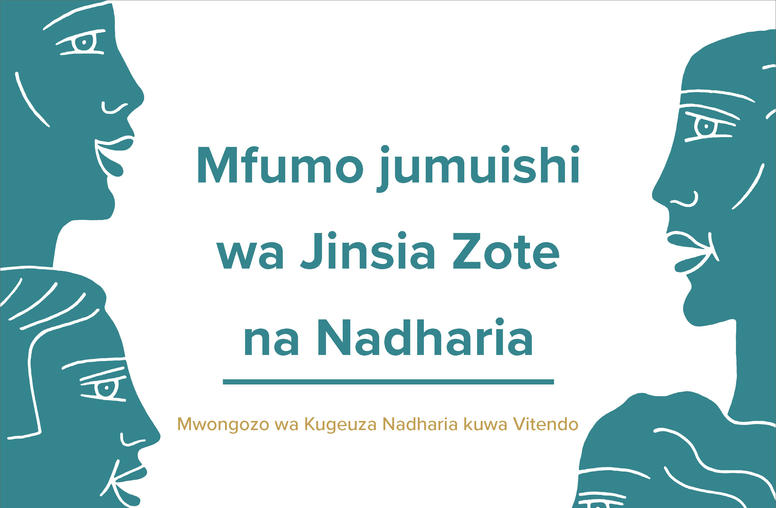
Gender Inclusive Framework and Theory (Swahili)
Mwongozo wa Nadharia na Mfumo wa Kujumuisha Jinsia Zote (GIFT) ni njia rahisi na zana ya kina inayowezesha kujumuisha uchambuzi wa kijinsia katika uundaji wa mradi. Kwa sababu kazi ya kudumisha amani inategemea muktadha, GIFT inaweka mbele njia tatu za uchambuzi wa kijinsia-mtazamo wa Wanawake, Amani na Usalama; mtazamo wa Uume wenye Amani; na mtazamo wa Utambulisho Ingiliani-ambazo zote zinaangizia mabadiliko ya kijinsia katika mazingira fulani ili kutengeneza vyema miradi ya kudumisha amani.
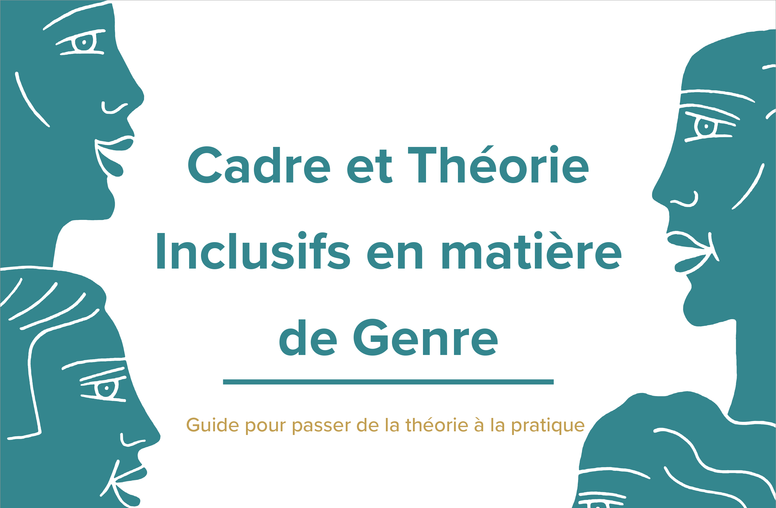
Gender Inclusive Framework and Theory (French)
Le guide du Cadre et de la Théorie Inclusifs en matière de Genre (CTIG) est un outil accessible et complet qui facilite l’intégration de l’analyse de la question du genre dans la conception d’un projet. Dans la mesure où le travail de consolidation de la paix dépend du contexte, le CTIG propose trois approches relatives à l’analyse de genre : l’approche femmes, paix et sécurité ; l’approche des masculinités pacifiques ; et l’approche des identités croisées, qui éclairent chacune la dynamique de genre dans un environnement donné pour mieux façonner les projets de consolidation de la paix.
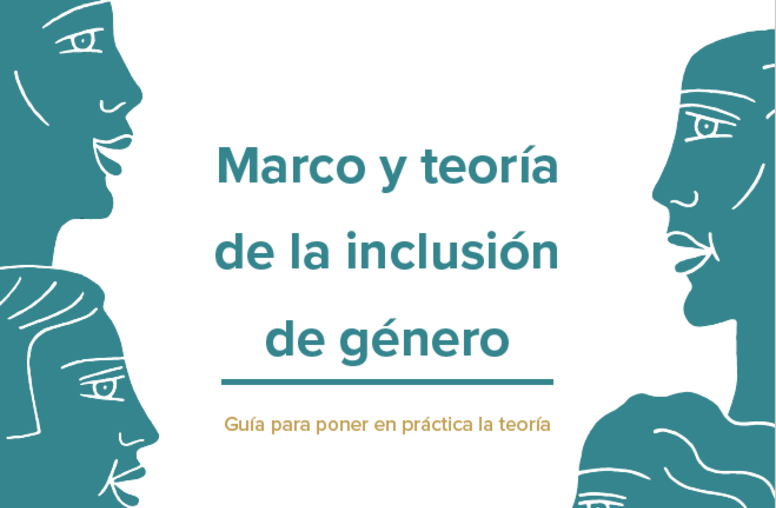
Gender Inclusive Framework and Theory (Spanish)
La guía Marco y teoría de la inclusión de género (GIFT) es una herramienta accesible y exhaustiva que facilita la integración del análisis de género en el diseño de proyectos.
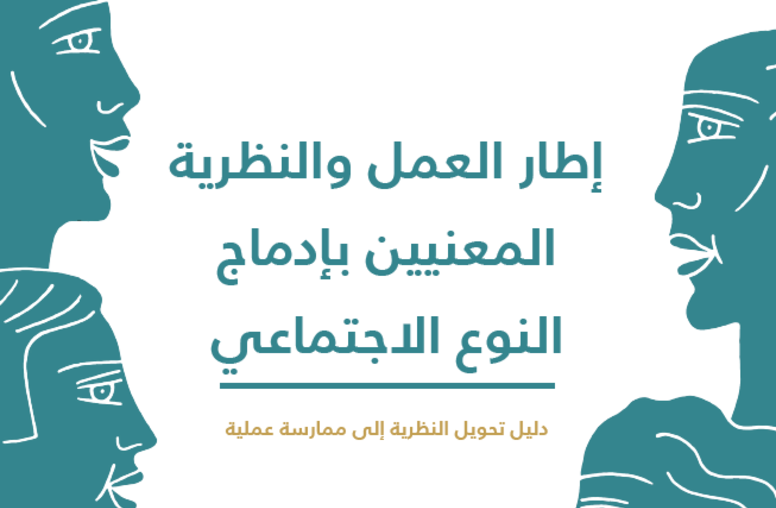
Gender Inclusive Framework and Theory (Arabic)
(Arabic) The Gender Inclusive Framework and Theory (GIFT) guide is an approachable and thorough tool that facilitates the integration of gender analysis into project design. Because peacebuilding work is context dependent, the GIFT puts forth three approaches to gender analysis – the Women, Peace and Security Approach; the Peaceful Masculinities Approach; and the Intersecting Identities Approach – that each illuminate the gender dynamics in a given environment to better shape peacebuilding projects.
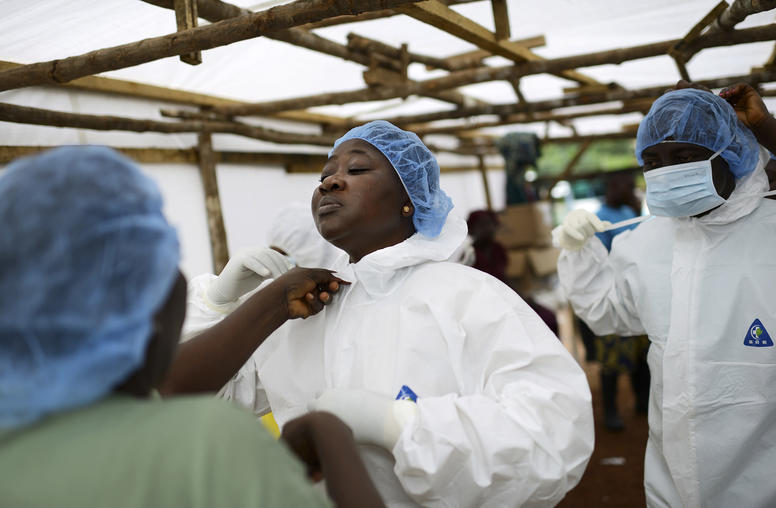
How to Make Women Count in the Response to Coronavirus
As health organizations and national governments seek to stem the spread of COVID-19, it is critical that they understand the gender dynamics in their societies. Efforts to combat the pandemic will only go so far if women and girls are left behind in the process. For example, how can a woman experiencing domestic violence quarantine at home safely? Thankfully, global efforts to integrate women as equal partners in peace and security can provide key lessons in responding to health epidemics more inclusively and effectively.
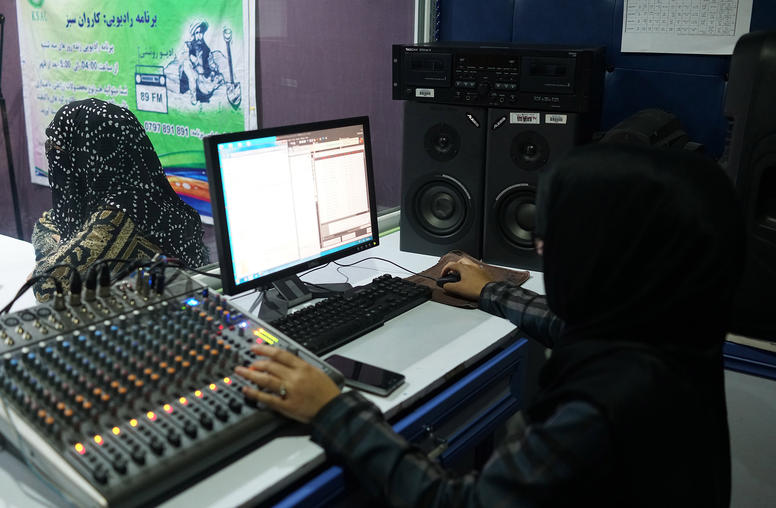
How Women Are Using Technology to Advance Gender Equality and Peace
From Afghanistan to Sudan, women in conflict areas are increasingly turning to technology to build peace and reduce gender inequality. Just as smart phones and mobile internet facilitate key functions of daily life, they also bring the world women’s voices once confined to the home or marketplace. It is a development with tremendous promise that the international community needs to support by widening access to technology, reducing social barriers to it and providing training that boosts proficiency.
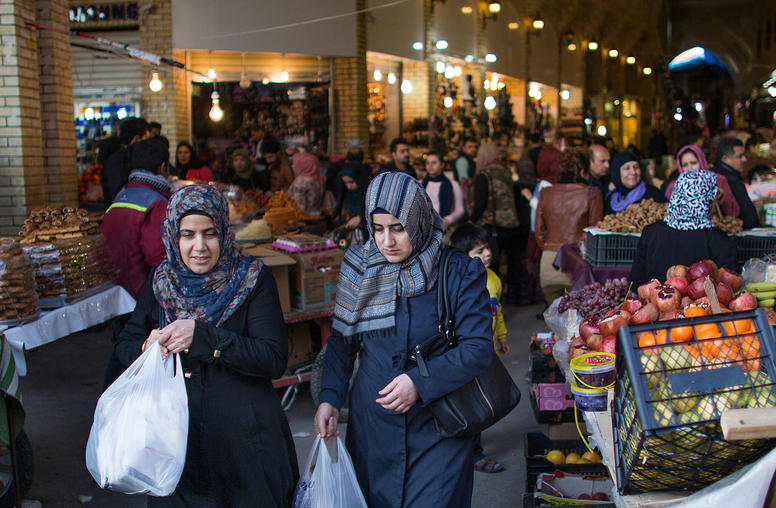
Reaching a Durable Peace in Afghanistan and Iraq: Learning from Investments in Women’s Programming
USIP recently partnered with New America to convene roundtable discussions with government, civil society, and humanitarian, development, and peacebuilding organizations to learn from the past decade of women’s programming in fragile states such as Iraq and Afghanistan. Based on these discussions, this report provides guidance for improving future programming to not only integrate the needs of women but also recognize the role women play in transforming violent conflict and sustaining a durable peace.